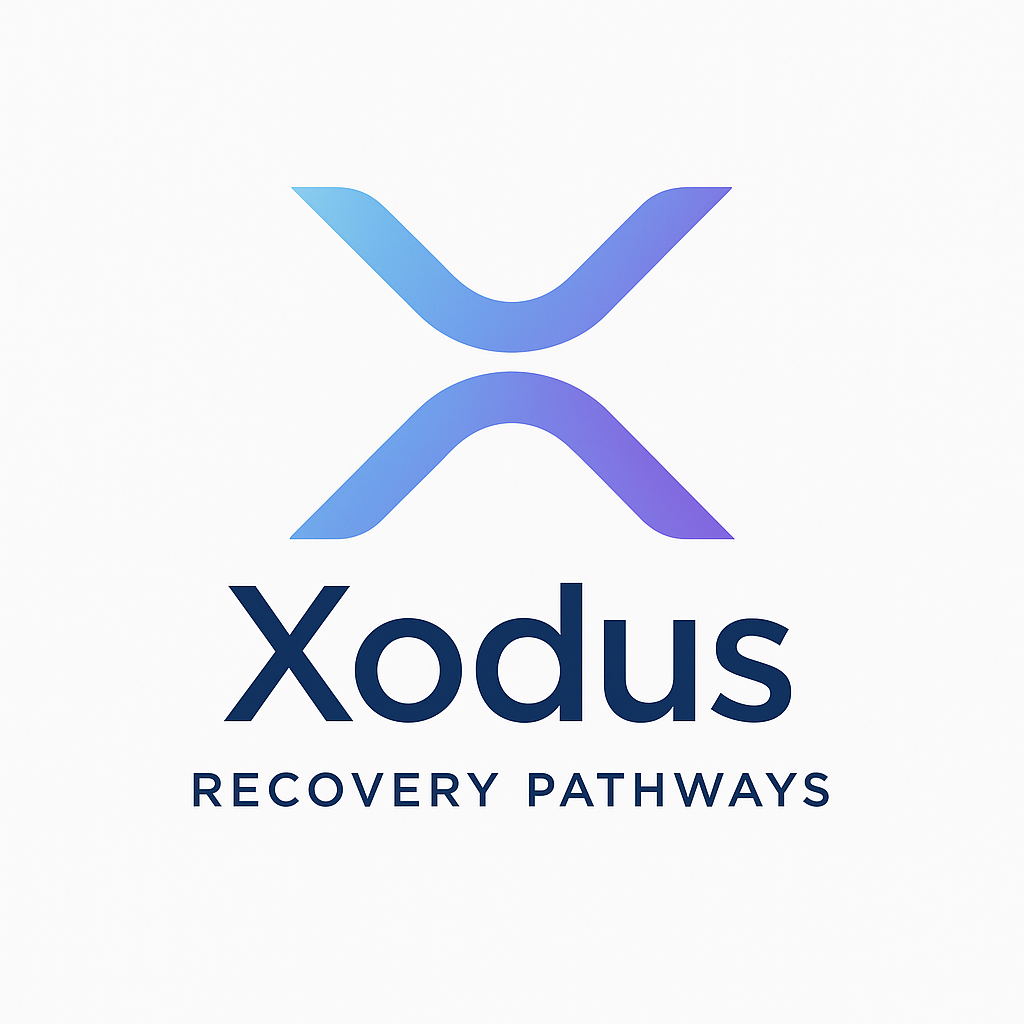
We grow through the pain of discipline, or the pain of regret. Both hurt. You choose.
Discipline or Regret: One Pain Leads to Freedom, the Other to Bondage
Every person who walks through the doors of Xodus has known pain. Pain from addiction. Pain from loss. Pain from isolation. But there’s another kind of pain we don’t often talk about — the pain of choosing discipline, or the pain of living with regret.
Both hurt.
But only one leads to life.
The Pain of Discipline
Discipline is choosing to:
Get up when you’d rather stay in bed.
Say no to old temptations that whisper your name.
Tithe when money’s tight.
Call your sponsor when your pride says, “You’re fine.”
Go to work, show up on time, do the next right thing — even when no one is watching.
Discipline hurts. It's uncomfortable. It’s dying to the old self daily.
But here's the thing: discipline births freedom. Every act of obedience to God, to recovery, to your own healing — brings you one step closer to peace.
The Pain of Regret
Regret is what comes after the easy choices:
Skipping the meeting.
Picking up the bottle "just this once."
Ignoring the red flags.
Letting resentment fester.
Choosing silence instead of asking for help.
Regret feels like a stone in your gut. It's the sleepless nights, the burned bridges, the look in your kid’s eyes when you break another promise.
Regret is the pain of staying stuck. Of wasting what God was ready to restore.
Both Hurt. You Choose.
You can’t escape pain in this life — but you can choose which pain to grow through.
The pain of discipline builds character, legacy, and trust.
The pain of regret leaves you chasing the past that can’t be changed.
At Xodus, we’ve chosen to embrace the pain of discipline. We walk together, we fall together, and we rise together. Each time we choose the hard right over the easy wrong, we sow seeds for a life worth living.
Final Word
Jesus endured the cross — the greatest pain — out of love, discipline, and obedience to the Father. He didn’t take the easy road, and He doesn’t call us to either. But He walks with us, through every hardship, every sacrifice, every silent morning where we do the next right thing.
So today, choose the pain that leads to peace.
Choose discipline over regret.
Choose freedom over bondage.
Choose life.
We’re here with you — one step, one day, one choice at a time.
— The Xodus Team
‘Loyalty to the wrong people is disloyalty to your true purpose.’
No discipline seems pleasant at the time, but painful. Later on, however, it produces a harvest of righteousness and peace..."
— Hebrews 12:11
FAQs
-
Cryptocurrency, or crypto, is a digital or virtual form of currency that uses cryptography for security and operates on decentralized networks based on blockchain technology. Unlike traditional currencies issued by governments (e.g., the U.S. dollar), cryptocurrencies like Bitcoin, Ethereum, and Ripple (XRP) are not controlled by any central authority, such as a bank or government, making them resistant to censorship and manipulation. Transactions are recorded on a public ledger, ensuring transparency, while the decentralized nature allows peer-to-peer exchanges worldwide. Crypto is often used for investments, payments, or as a hedge against inflation, though its volatility and regulatory uncertainties continue to shape its adoption and perception.
-
Ripple (XRP) is a cryptocurrency developed by Ripple Labs, designed primarily to facilitate fast and cost-effective cross-border payments and financial settlements. Launched in 2012, XRP operates on the XRP Ledger, a decentralized payment protocol that enables transactions to settle in 3-5 seconds, significantly faster than many traditional systems like Bitcoin or Ethereum, with lower fees. Unlike Bitcoin, which is mined, XRP has a fixed supply of 100 billion tokens, with a portion held by Ripple Labs to support liquidity and partnerships with banks and financial institutions. While XRP aims to bridge traditional finance and blockchain technology, it has faced regulatory scrutiny, notably from the U.S. SEC, which alleged it was an unregistered security, though recent developments suggest a potential resolution. Its value and adoption continue to fluctuate based on market trends and legal outcomes as of July 11, 2025.
-
Cryptocurrency offers several benefits that appeal to individuals and businesses alike. Its decentralized nature eliminates the need for intermediaries like banks, reducing transaction costs and enabling faster cross-border payments, as seen with Ripple (XRP) and its 3-5 second settlement times. The use of blockchain technology ensures transparency and security through an immutable public ledger, reducing fraud and enhancing trust in transactions. Crypto also provides financial inclusion, allowing unbanked populations to participate in the global economy via mobile access to digital wallets. Additionally, it serves as a hedge against inflation and currency devaluation in unstable economies, while offering investment opportunities with the potential for high returns, despite its volatility, making it an innovative tool for financial empowerment as of July 11, 2025.
-
I understand your reservations about cryptocurrency, especially given its volatility and the regulatory uncertainties that can feel daunting, but there are many positive aspects worth considering. Crypto, like Ripple (XRP), offers a decentralized system that cuts out middlemen, reducing transaction fees and speeding up international payments—perfect for a world where efficiency matters. The blockchain technology behind it ensures a secure, transparent ledger, minimizing fraud and giving you control over your finances, which can be empowering. Plus, it opens doors for financial inclusion, allowing those without traditional banking access to join the global economy, and with proper research and cautious investment, it can be a valuable addition to a diversified portfolio. As of July 11, 2025, the growing adoption by institutions suggests a maturing market, so starting small and learning as you go could turn your hesitation into confidence!


